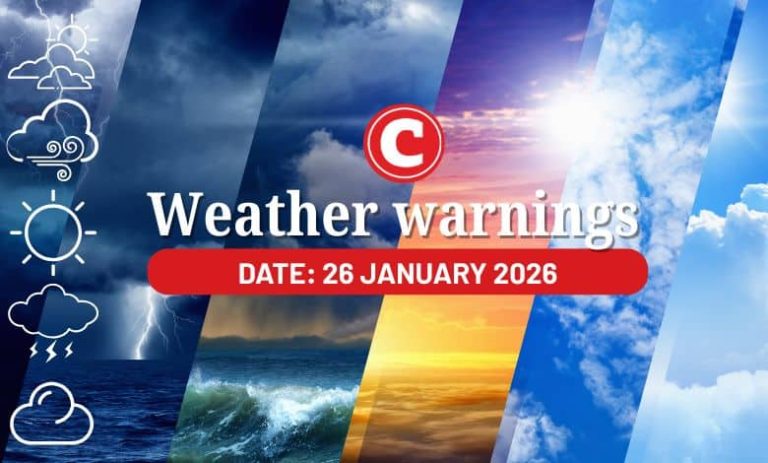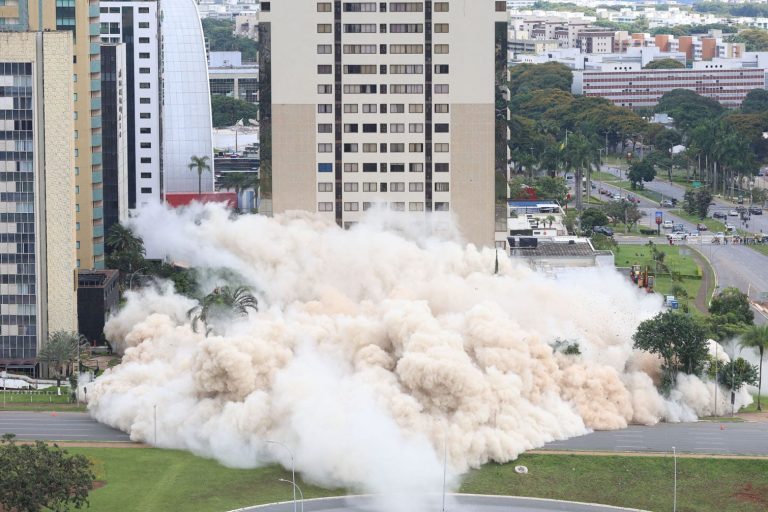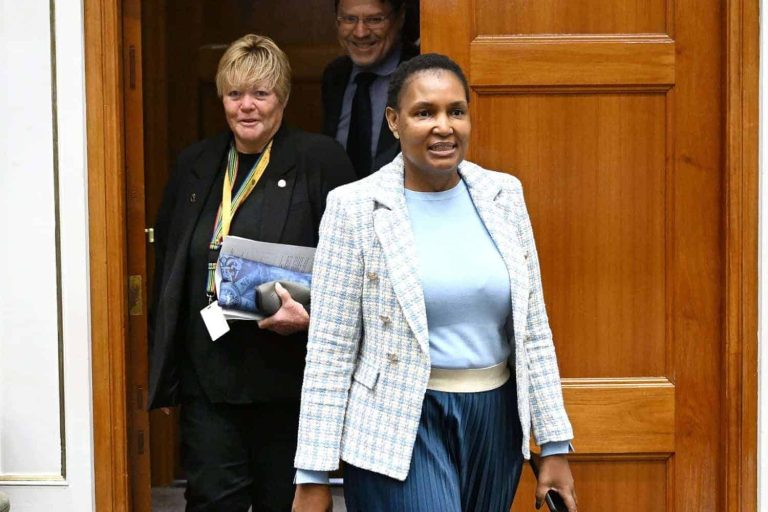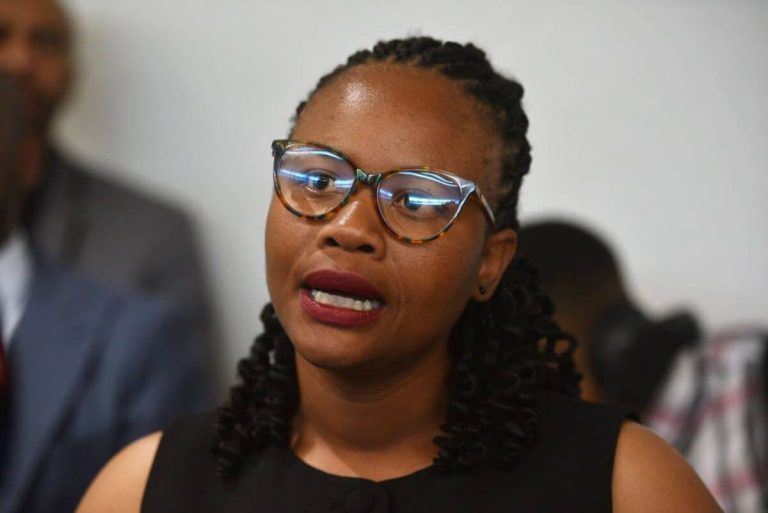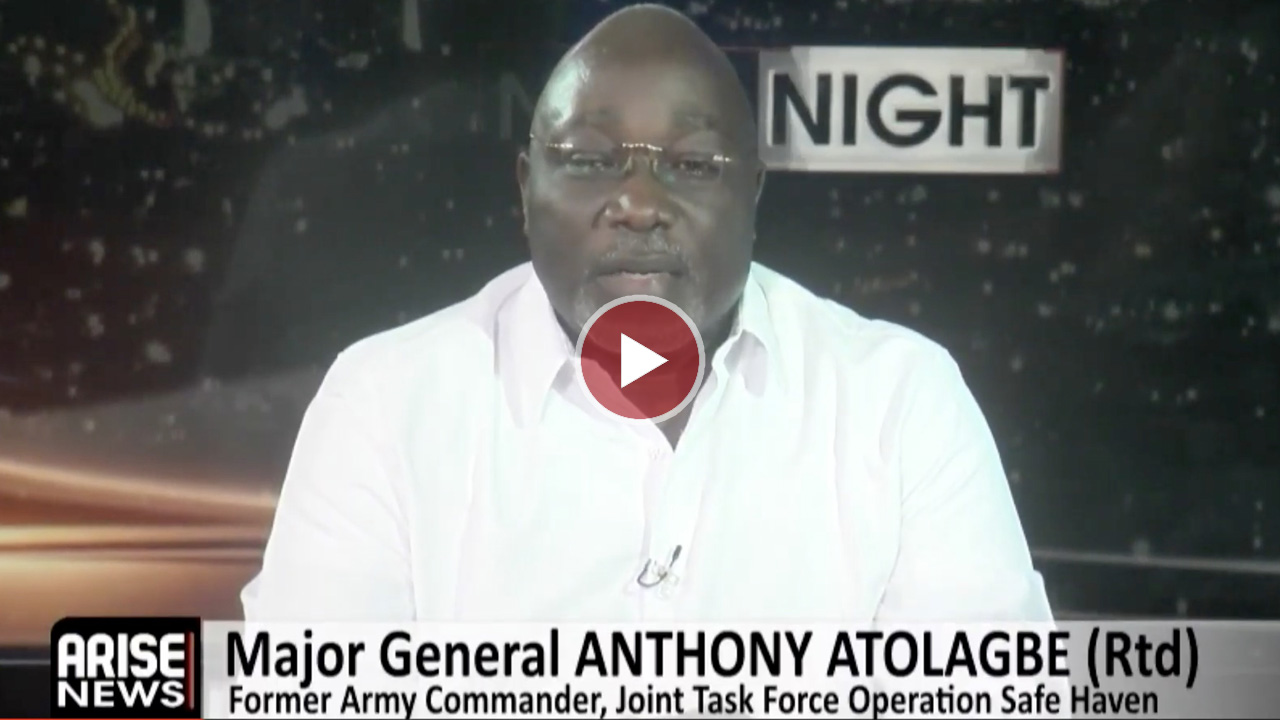
Former Field Commander of the Joint Task Force, Operation Safe Haven, Major General Anthony Magnawa Atolagbe (Rtd.), says Nigerians should not expect every rescue operation to end with the arrest or killing of kidnappers, stressing that rescue missions are complex and prioritise saving lives.
Speaking in an interview with ARISE News on Tuesday, Atolagbe said public concerns over the release of abducted schoolchildren without accompanying arrests misunderstood the realities of field operations.
“It is not in every case that you will have neutralised abductors,” he said.
“What plays out on the field is not paperwork. A lot happens when you interact with people of this nature.”
He explained that rescue missions differ fundamentally from combat operations.
“It’s not as if we are fighting a war against these guys; we are going on a rescue mission,”he said.
Atolagbe cited an international example to illustrate the risks involved.
“I will play back a scenario in Russia in 2002 where special forces tried to rescue 918 people held in a cinema. At the end of the day, many civilians died because of the tactics used,”he noted.
“So it is not in every case that negotiations happen or that money is involved.”
The retired commander said kidnappers often position themselves among hostages, leaving troops with little room to open fire without risking mass casualties.
“You want to get the children out safe and alive. When you meet these people inserted between the children, what do you do?”he asked.
“They may tell you: ‘Allow us to pull out and then you can take your children.’ Would you insist on capturing them, or leave them for a later date since you already know where they operate?”
Atolagbe stressed that such decisions are left to the judgement of field commanders.
“The commander on the ground has the best initiative at that moment to decide what to do and what not to do,”he said.
Responding to fresh abductions in Kwara State, Atolagbe said attacks can occur anywhere because Nigeria lacks the technology to monitor all vulnerable areas.
“The conflict environment — what we call the protection environment — is very fluid,” he said.
“You can’t say it will happen here today or not happen there tomorrow. We don’t have the technology to cover the entire space.”
He welcomed the President’s directive withdrawing police personnel from VIP protection duties.
“That will free close to 100,000 personnel,”he said.“You will now see a situation where the forces will be better spread.”
Atolagbe described the area where the Kwara incident happened as highly vulnerable.
“I passed that road recently; it is one of the slowest roads around. Even if you are driving by the grace of God, you may run into these people,”he said.
He said the latest abduction was largely opportunistic.
“Vigilantes confronted them and sent them away, but as they escaped, they ran into some vehicles and took the passengers. It was an opportunity-type capture,”he said.
Atolagbe supported the President’s plan for a 24-hour security cordon in Kwara and Niger forests, along with expanded Air Force surveillance.
“The Air Force has aircraft that can capture pictures on the ground and relay them straight to the operations room,”he said.
“The same goes for drones — depending on the number you deploy.”
He said international intelligence support could significantly shift the security landscape.
“What I also see as a likely game-changer is America coming to our support,” he said.
“They have adequate information on the entire space covering the locations of these bandits. If they provide this information, it will be like walking straight in on them.”
Boluwatife Enome
